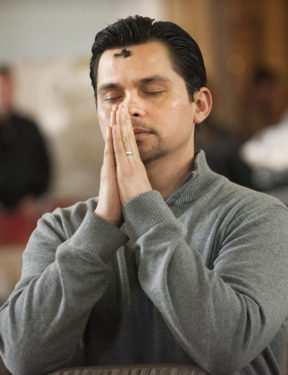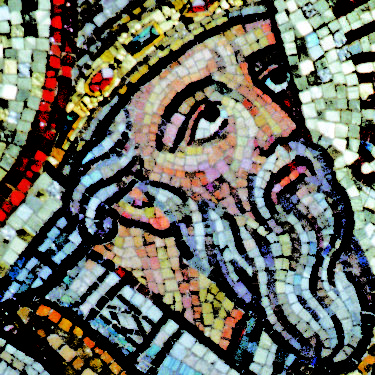By Carol Powell

Did you know that Ash Wednesday and Valentine’s Day come on the same day this year. What a disappointment to restaurant owners and candy makers!
You might be wondering what possible connection the two days could have. I wondered too, so I went to Google and found out something that I never knew.
I always knew St. Valentine was a Roman priest who was martyred, but I never knew why he was killed. It wasn’t just because he was a Christian. There are some amazing extenuating circumstances. It seems the emperor at the time wanted to induct men into his army but they were not joining because they were either engaged or married.
The emperor took an unprecedented approach: He forbade marriages in his empire. Well, young love was not to be interfered with and it had a helper in St. Valentine, who continued to perform marriages. Valentine was arrested, tortured and eventually killed. Thus the connection between his feast day and the celebration of love.
So you see, there really is a connection between Ash Wednesday and Valentine’s Day after all. St. Valentine gave up his life for love, which is the highest act of charity, and on Ash Wednesday, we receive a sign on our foreheads which connotes that we are willing to change so that we can practice more love. On Ash Wednesday we are called to repent and believe the Good News.
Total Happiness
Father Thomas Keating, a well-known Trappist spiritual writer, says that to repent is to change the direction in which we are looking for happiness. In other words, we cannot find our total happiness, nor the love that we are looking for, anywhere else but in God. And the Good News is that God loves us all unconditionally and wants to be in relationship with every one of us. God wants to build His kingdom in the world through us. What greater love is there than to follow this call. St. Valentine was a shining example of a total response.
We shouldn’t look at fasting and penance as negative things because they are always in the service of more love. We only give up things to make more room for God. Everything made is good and meant for us to use, but we all have a tendency as human beings to overdo things, to get addicted to things and people.

Some of us are addicted to power and control. We want to regulate everyone and everything in our lives. We would even like to tell God how God should run the world. Others of us are addicted to praise and the good opinion of others. To get that high regard we might even turn away from God.
Still others are attached to security. We cling to material things or other people for emotional security. There are a whole array of different addictions that human beings have.
Dr. Gerald G. May, the author of “Addiction and Grace,” claims that there are over 200 known addictions, not to mention those we don’t know about. So to step back from this tendency, we might choose to forego some normal pleasure that we usually enjoy, like wine, television or dessert. In a small way, we are like athletes training for the Olympics.
Or we might choose to do more positive things during Lent, like going to daily Mass, spending more time in prayer, reading the Bible, going to parish Lenten programs, or contributing more money to the poor. Each of us should choose something that will bring us to love more.
A very helpful practice might be to watch our thoughts. Are they usually positive or negative? When we find ourselves thinking negatively about someone perhaps we could say a little prayer for that person, or focus instead on that person’s good qualities.
If the negativity is about situations, maybe we could try to find a more positive approach to what is happening. The point is there are many practices and prayers that are appropriate for Lenten practices, but everything is supposed to lead to greater love.
When receiving ashes this Ash Wednesday, let us remember St. Valentine’s sacrifice and the true meaning of what love really is. St. Valentine gives us an example to follow this Lent as we spend ourselves in the service of others.
From ashes to valentines really means from sacrifice and openness to God to an Easter resurrection to new life with Christ.
